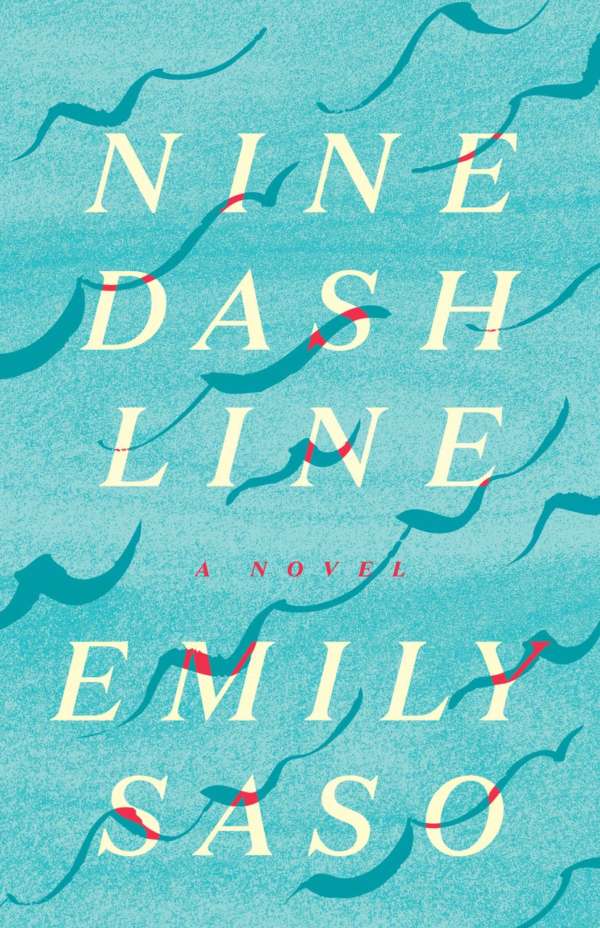Nine Dash Line
By Emily Saso
Freehand Books
266 pages, $23
Emily Saso’s Nine Dash Line is a tale of survival as, Zi Shan, an exiled Chinese national, and Jess, a US naval officer on a classified covert operation, navigate hostile environments in the South China Sea. Centred around Mischief Reef, an uninhabitable coral sprawl in the South China Sea, and set in the 1980s against the backdrop of Cold War-era espionage and competing geopolitical claims in the region, Jess and Zi Shan must find a way to get home without succumbing to their surroundings or the memories that haunt them.
Saso’s background in International Relations and Security Studies translates to an excellent command over her subject as she expertly crafts changing political and cultural contexts for her polarizing protagonists. Carefully constructed and well-researched, the world of Nine Dash Line is immersive and nuanced and captures lesser-known cultural motifs from Mao’s China, Chinese folklore, and American talk shows. In building a vibrantly detailed world, relationships shared by various characters suffer from a lack of chemistry and feel weakly substantiated and one dimensional.
Despite this, the plot is engaging and well-paced, keeping readers hooked with unexpected plot twists. Nine Dash Line delivers on the promise of international espionage thrillers as missions go sideways and the protagonists find unlikely companions, enemies, and threats as they struggle to survive and long for understanding and freedom.
The unrestrained saga dabbles with sexual themes in amusing and unlikely ways, and is peppered with Freudian overtones some readers might find disconcerting. The influence of second-wave feminism is ever present, after all, Jess is a woman in a man’s world: constantly under the shadow of self-doubt, barred from field missions, suffering from imposter syndrome, weaponizing her sexuality, and dismissed and underestimated by all kinds of men. And yet, as we traverse laughable sexual misconduct manuals in the US Navy and powerful Naval officers uncomfortably discussing “menses management systems,” the uncritical endorsement of this form of feminism reveals a world where most racialized women seem invisible, almost non-existent. In a story so fulsome in its dedication to recreate a detailed sociopolitical reality, the absence of any reference to racial realities in 1980s USA can feel disorienting.
For readers who enjoy history and geopolitics, Nine Dash Line feels deliciously indulgent in delivering appropriate and accurate sociocultural context to her protagonists and their stories. In exploring the Chinese and American struggle for dominance, it offers a rich, bottom-up view of the nation-state as a leviathan that relentlessly pursues its hunger for power and control, no matter the human cost.
—Arshiya Malik














